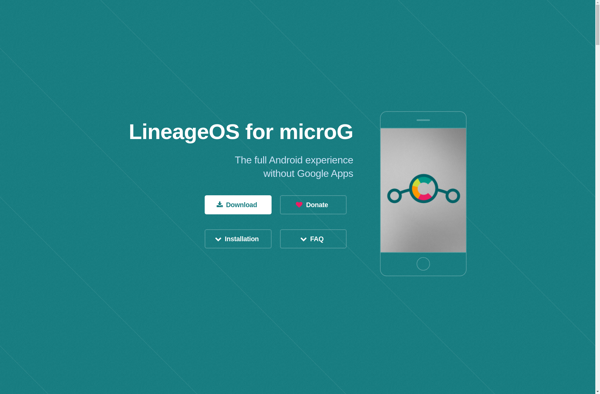WebOS Open Source Edition

webOS Open Source Edition
webOS Open Source Edition is an open source mobile operating system initially developed by Palm and later owned by HP. It is designed for smartphones and tablet computers and allows developing web-based applications using web technologies.
What is WebOS Open Source Edition?
webOS Open Source Edition is an open source mobile operating system initially developed by Palm and later owned by HP. It was initially designed for smartphones and tablet computers and allows developers to build web-based applications using standard web technologies such as HTML5, JavaScript, and CSS.
Some key features of webOS include a touch-optimized user interface, support for multitasking with "cards" that represent applications, integrated contacts and calendar functionality, and native email, SMS and web browsing apps. It uses Linux as its core OS and the Enyo JavaScript framework for UI development.
After HP decided to no longer offer webOS devices, they released the core OS components under an open source license in 2011. Since then, efforts by open source communities have gone into maintaining and updating webOS with new features and supporting more hardware platforms beyond HP's devices.
Notable usage of Open webOS includes LG Smart TVs, which utilize it as the underlying OS providing UX/UI, multitasking, and smart connectivity. It has also been ported to run on single-board computers like the Raspberry Pi.
As an open platform based on standard web tech, webOS offers a lightweight yet powerful environment for deploying web apps and connected device experiences across different form factors.
WebOS Open Source Edition Features
Features
- Linux kernel-based
- Supports multiple devices like smartphones, tablets, smart TVs
- Web-based application development using HTML5, CSS3, JavaScript
- Enyo JavaScript application framework
- Luna System Manager for device management
- Open web standards support
Pricing
- Open Source
Pros
Cons
Official Links
Reviews & Ratings
Login to ReviewNo reviews yet
Be the first to share your experience with webOS Open Source Edition!
Login to ReviewThe Best WebOS Open Source Edition Alternatives
Top Os & Utilities and Mobile Operating Systems and other similar apps like WebOS Open Source Edition
Here are some alternatives to WebOS Open Source Edition:
Suggest an alternative ❐Android
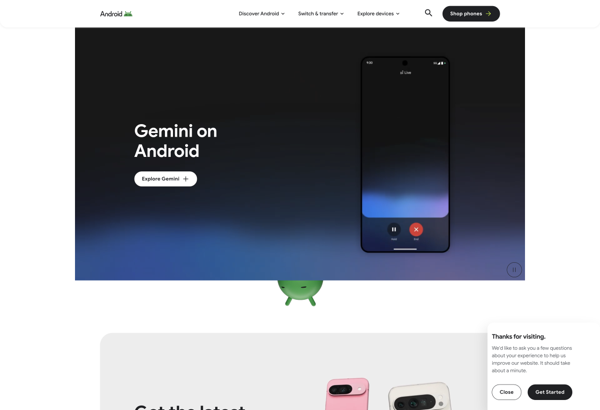
LineageOS
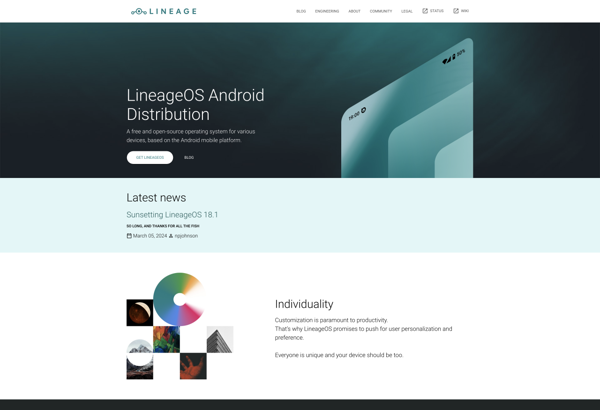
Ubuntu Touch
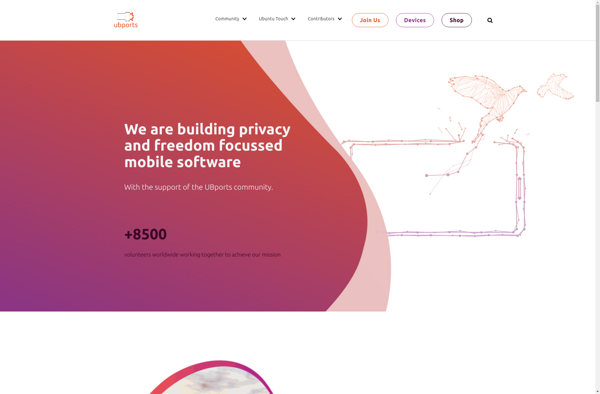
Sailfish OS
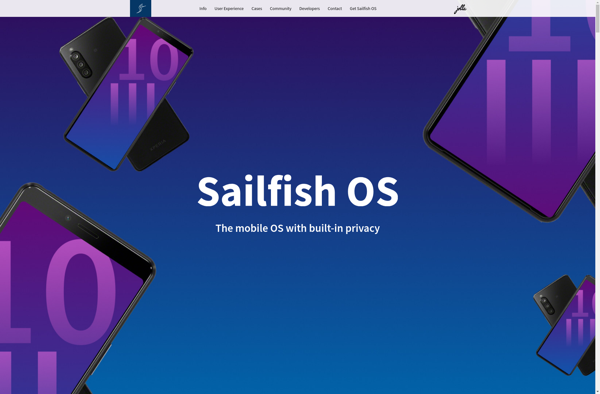
PostmarketOS
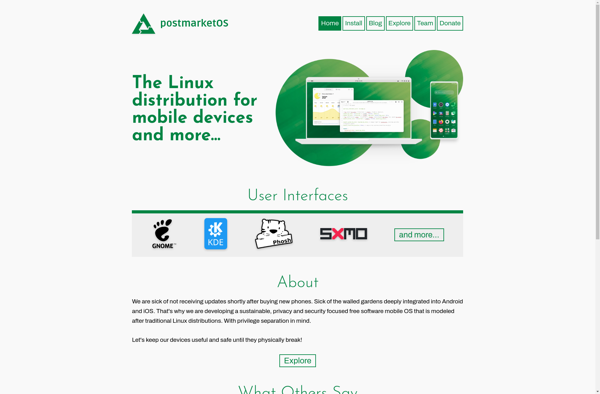
CalyxOS
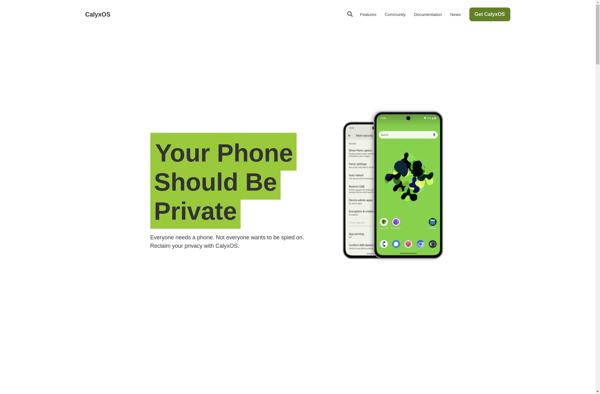
Plasma Bigscreen

/e/
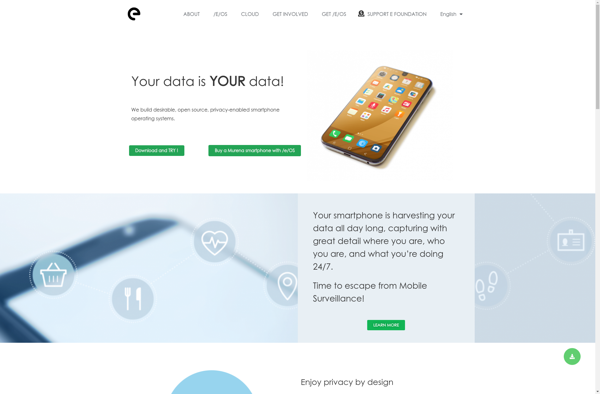
DivestOS
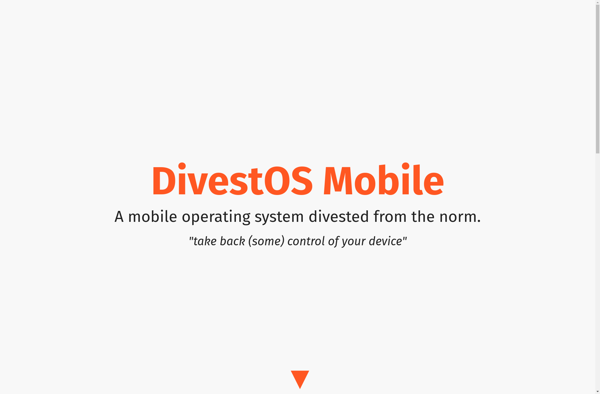
Plasma Mobile
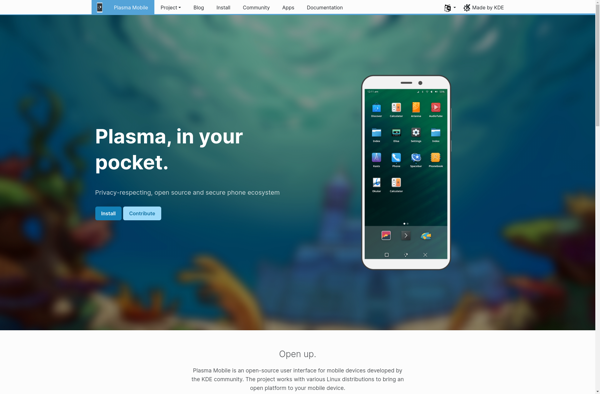
TvOS

Ubuntu Phone
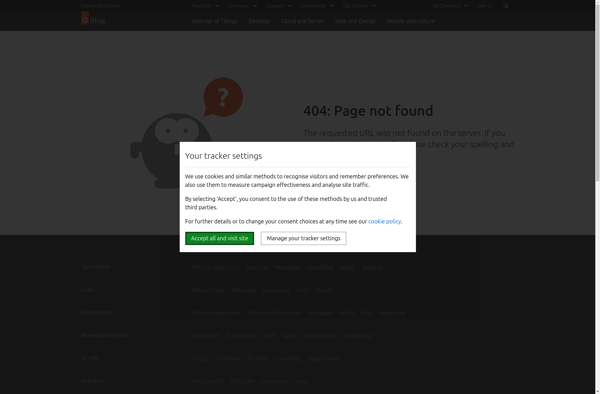
Replicant
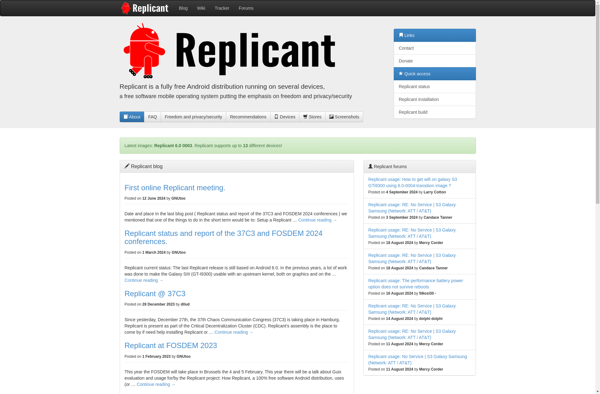
LineageOS for microG
